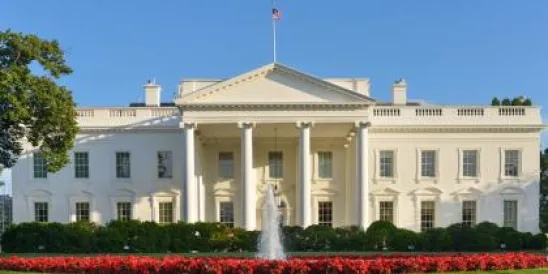Government agencies may soon use a different framework for evaluating the environmental impact of their decisions. The Council on Environmental Quality (CEQ), the executive agency tasked with ensuring that federal agencies meet their obligations under the National Environmental Policy Act (NEPA), published a notice on June 20, 2018 seeking input from the public about changes to the review process.
NEPA was enacted in 1970 to encourage the “use of all practicable means and measures, including financial and technical assistance . . . to create and maintain conditions under which man and nature can exist in productive harmony[.]” Practically, NEPA requires all executive federal agencies to prepare environmental assessments and environmental impact statements outlining the potential environmental effects of proposed federal agency actions. The CEQ seeks comments to improve the NEPA process, the scope of NEPA review, and guidance on how CEQ can “improve the efficiency and effectiveness of the implementation of NEPA.”
This is not the administration’s first policy change to NEPA. The Trump administration issued an executive order in August 2017 designed to spur infrastructure development. That order sought to “ensure that the Federal environmental review and permitting process for infrastructure projects is coordinated, predicable, and transparent.” Among other changes, the order designated a “lead Federal agency” responsible for “navigating the project through the Federal environmental review and authorization process, including the identification of a primary Federal point of contact at each Federal agency.” The order noted that the “inefficiencies in current infrastructure project decisions” cost the typical American household thousands of dollars each year.
As one example, the August 2017 order required all authorization decisions for the construction of a major infrastructure project to be made within 90 days of the issuance of the Record of Decision. If followed, that timeline will significantly expedite decision making for major infrastructure projects. Though the order permits an extension of the 90-day deadline where federal law prohibits a decision on that compressed timeline.
Some environmentalists have criticized President Trump’s changes, arguing that streamlining the process is just an excuse to weaken environmental protections. Supporters, on the other hand, contend that reform is necessary, long overdue, and will spur economic growth.




 />i
/>i

